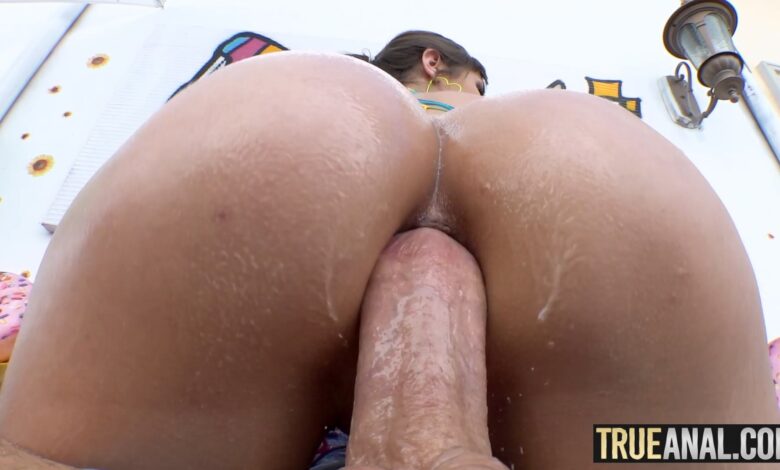The Power of Erotic Literature: A Journey Through Imagination

Erotic literature, also known as erotica, has been a part of human culture for centuries. From the ancient Greek texts to modern-day novels, erotic stories have captured the imagination of readers and provided a safe space for exploring sexual desires and fantasies.
At its core, erotic literature is a form of storytelling that focuses on sexual themes and experiences. It often includes detailed descriptions of sexual acts, as well as the emotions, thoughts, and sensations of the characters involved. However, it’s important to note that erotic literature is not solely about sex. It’s also about exploring themes of desire, power, love, and connection.
One of the reasons why erotic literature has remained popular throughout history is its ability to transport readers to new and exciting worlds. Through the power of words, readers can experience sexual encounters and fantasies that they may not have the opportunity to explore in their everyday lives. This can lead to a greater understanding of one’s own desires and a deeper appreciation for the complexities of human sexuality.
Erotic literature can also serve as a source of education and empowerment. By providing detailed descriptions of sexual acts and techniques, erotica can help readers learn about their own bodies and desires. It can also challenge societal norms and stereotypes around sexuality, promoting a more inclusive and diverse understanding of human sexual experiences.
However, it’s important to approach erotic literature with a critical eye. Like any form of media, erotica can perpetuate harmful stereotypes and ideas about sexuality. It’s important to seek out diverse voices and perspectives in erotic literature, and to be mindful of the messages that we are internalizing.
When it comes to writing erotic literature, there are a few key elements to keep in mind. First and foremost, consent is crucial. All parties involved in a sexual encounter must give their full and enthusiastic consent. Additionally, it’s important to use clear and specific language when describing sexual acts, and to avoid using harmful or derogatory terms.
Another key element of erotic literature is character development. The characters in an erotic story should be well-developed and relatable, with their own desires, motivations, and personalities. This can help create a deeper emotional connection with the reader and make the sexual encounters more impactful.
In conclusion, erotic literature is a powerful tool for exploring human sexuality and pushing the boundaries of our imagination. Whether we’re reading for pleasure, education, or empowerment, erotica has the ability to transport us to new worlds and challenge porn our assumptions about sexuality. As long as we approach it with a critical eye and seek out diverse voices, erotic literature will continue to be a valuable part of human culture.




